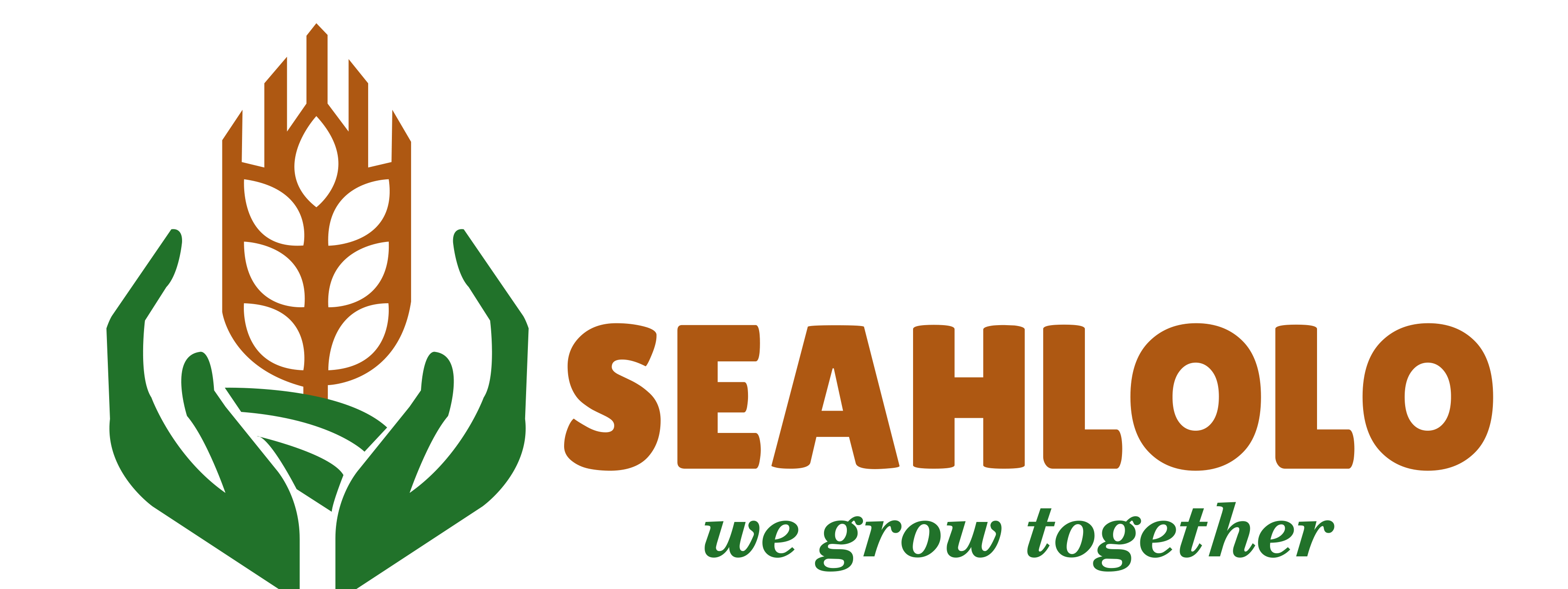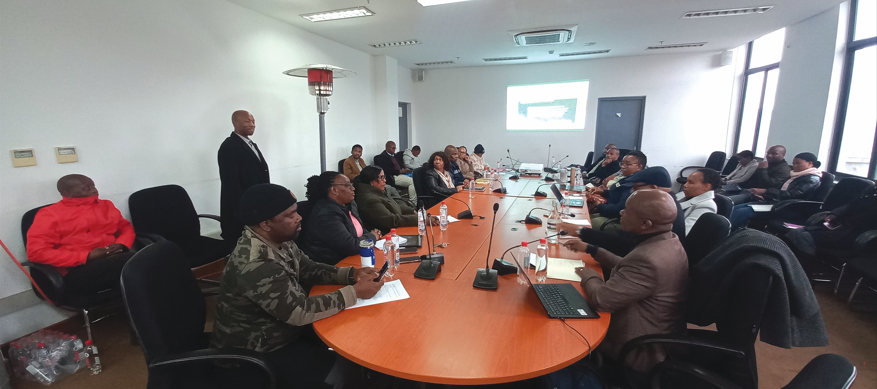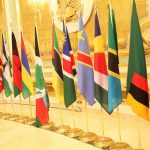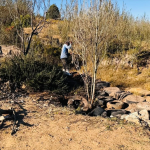By Thoboloko Ntšonyane
In the face of escalating climate shifts, Lesotho’s rural and farming communities are experiencing far more than erratic weather patterns and poor harvests.
Climate change is now deeply entangled with the country’s sexual and reproductive health and rights (SRHR), particularly impacting women, youth, and smallholder farmers.
This link between climate and SRHR was the focus of a multi-stakeholder dialogue held recently, convened by the SADC Parliamentary Forum under the SRHR, HIV and AIDS Governance Project.
Participants explored how environmental crises, from prolonged droughts to flash floods, are worsening food insecurity, overburdening fragile health systems, and deepening gender inequalities, particularly in agriculture-reliant communities.
Weather forecaster Maqhanolle Tsekoa from the Lesotho Meteorological Services highlighted that what used to be “normal climate patterns” have shifted dangerously, with extreme rainfall and prolonged dry spells becoming frequent.
“Climate has always been taken for granted but now it’s like wearing three blankets instead of one; heat is trapped, rain falls irregularly, and our farming cycles are in disarray,” he explained.
This unpredictability directly disrupts access to clinics and maternal health services, especially in Lesotho’s rugged farming zones.
He narrated that flooded roads, snow-blocked passes, and drought-damaged infrastructure prevent pregnant women and the elderly from reaching facilities in time, threatening lives in already vulnerable populations.
Yet despite the looming dangers, Lesotho’s National Climate Change Policy, which calls for strengthened health systems and climate resilience, remains under-implemented, with insufficient integration of SRHR into climate finance and planning.
The United Nations Population Fund (UNFPA) Gender Officer Matšeliso Mokone noted that these disruptions ripple far beyond clinics.
“In climate-affected rural areas, women are often forced to give birth at home due to lack of water or skilled birth attendants,” she said.
She recounted a case of a woman who was at a health facility, maternal waiting homes and ready to give birth, but was met with a challenge of lack of water and to be helped, she had to pay strangers to fetch water, as the facility had none.
The meeting indicated that women in agriculture are often the first to suffer during droughts and last to recover from floods. The situation is dire.
“Loss of crops means not only lost income but reduced autonomy, pushing some into vulnerable situations where sexual and gender-based violence rises, and unintended pregnancies follow,” Mokone said.
She further noted that these conditions also erode young women’s ability to participate meaningfully in agricultural production or rural development.
“We must understand that gender inequality increases when resources shrink, and immediately, climate change turns poverty into a gender issue.”
The Chair of the Parliamentary Women’s Caucus, Hon ’Makatleho Motsoasele, emphasised that although Lesotho’s greenhouse gas emissions are minimal, the country’s suffering is disproportionate.
She called for prioritising mitigation efforts, particularly in farming districts where the climate shocks hit hardest and the recovery is slowest.
Lesotho’s agricultural vulnerability was reinforced in the 2021 World Bank Climate Risk Country Profile, which links extreme weather with increasing soil erosion, desertification and a loss of arable land, all critical concerns for a country whose economy and nutrition are deeply tied to the land.
The conversation also surfaced structural inequalities. Tampose Mothopeng of the People’s Matrix decried how the LGBTQI+ community is sidelined during disaster responses, often blamed when disease or floods hit. This, he warned, isolates groups from planning and recovery conversations, a dangerous exclusion in a country that needs all hands on deck.
The Lesotho Network of AIDS Services Organisations (LENASO) Executive Director, Mamello Makoae, made a strong appeal for integrating SRHR into agriculture and climate budgeting.
“Family planning tools are lacking at rural clinics, and the biggest challenge remains a lack of funding. Our policies are there, but our pockets are empty,” she said.
Hon Itumeleng Rantšo, MP and Chair of the Sustainable Development Goals (SDGs) Committee, also called out the gap between government budget speeches and implementation. “Our ministries present good promises, but data and accountability are weak. How can Parliament hold them to account if we don’t know what’s working?” she charged.
She also pointed to taboo issues such as access to safe abortion, stressing that cultural and religious beliefs must not silence the reality of gendered suffering worsened by poverty, climate and poor public health infrastructure.
“Climate change is the starter to poverty,” she argued.
“…And poverty places an unbearable burden on women,” she said.




